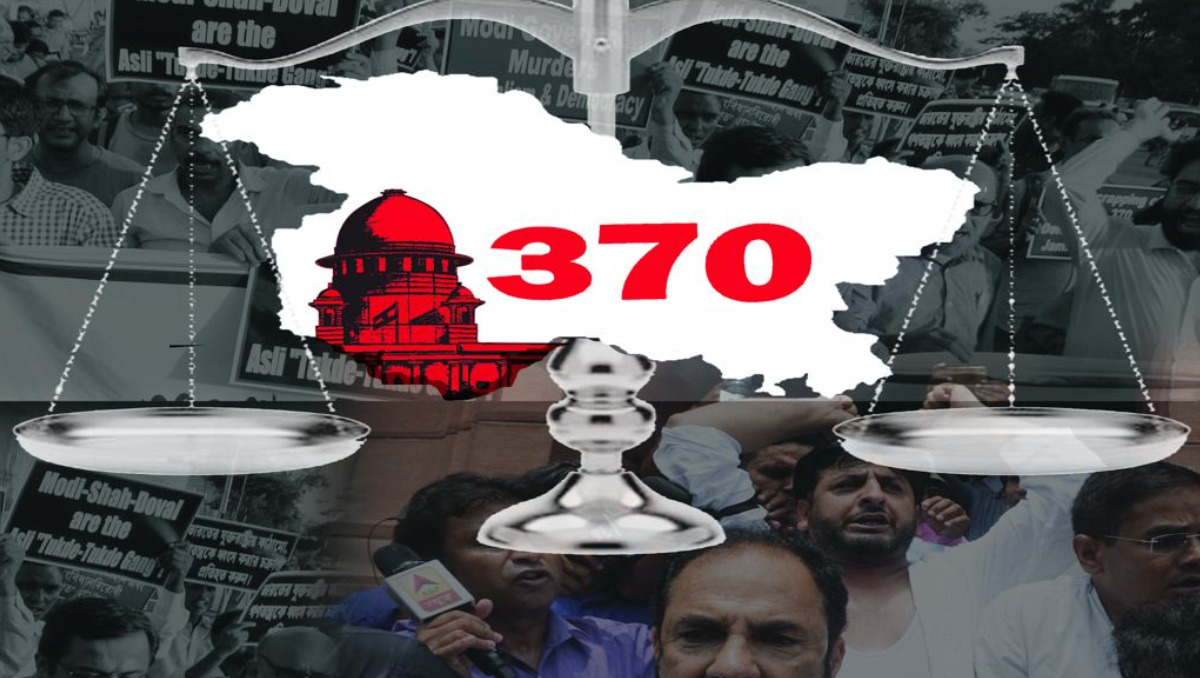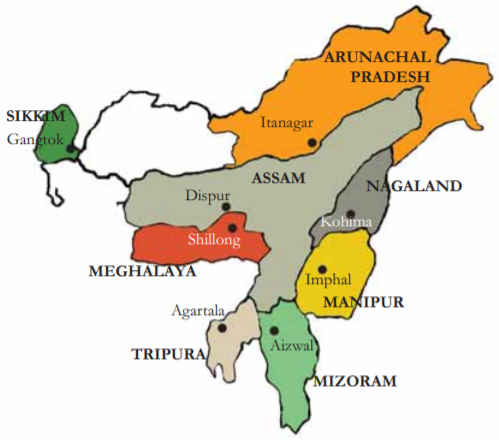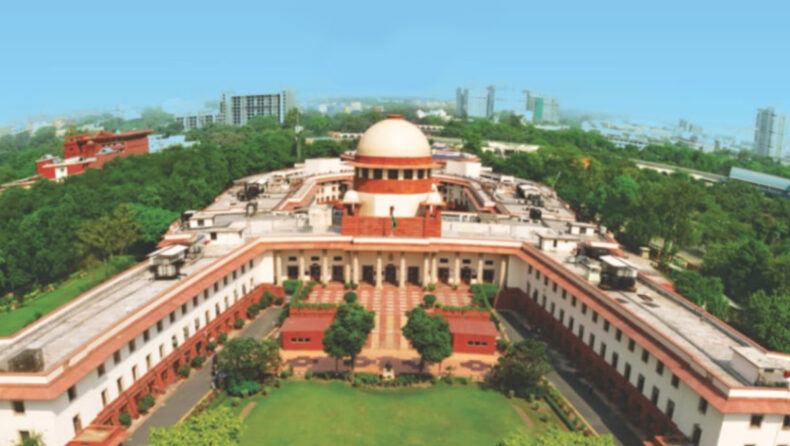In a significant turn of events during the ongoing Article 370 hearing, the Union Government assured the Supreme Court that it has no intentions of interfering with the special provisions enshrined in the Constitution for the north-eastern states and other parts of India. Solicitor General Tushar Mehta, representing the government, emphasized the critical distinction between the temporary provision of Article 370 and the unique provisions applicable to the North East. He asserted that the government’s stance in abrogating Article 370, which pertained to the erstwhile state of Jammu and Kashmir, should not be conflated with the special provisions benefiting the North Eastern states.
Table of Contents
Reiterating Commitment: Upholding Constitutional Safeguards
The assurance came in response to apprehensions raised by senior advocate Manish Tiwari, who represented an Arunachal Pradesh politician. Tiwari expressed concerns over the potential impact of the abrogation of Article 370 on the special provisions granted to the North Eastern states. He underscored the presence of provisions like Article 371 and the 6th Schedule in the Constitution, which extend unique privileges to the North Eastern regions. Solicitor General Mehta intervened at this juncture to emphasize that the government is fully committed to preserving the distinct provisions for the North East and other designated areas.

Supreme Court: No Need for Apprehensions
Chief Justice of India DY Chandrachud, heading the Constitution Bench hearing the case, echoed the government’s sentiment. He questioned the necessity of entertaining apprehensions when the government has explicitly stated its non-interference stance. The Chief Justice emphasized that the government’s assurance should alleviate any concerns about the impact of the Article 370 abrogation on the North East. He stated that the specific case being considered pertains to Article 370 and should not be expanded to encompass other provisions.
Disposal of Interlocutory Application
The Supreme Court, satisfied with the government’s unequivocal statement, proceeded to dispose of the interlocutory application filed by the Arunachal Pradesh politician. The bench recorded the Solicitor General’s assurance on behalf of the Union Government that no intentions exist to touch the special provisions applicable to the North Eastern states or any other part of the country. This decision marked a pivotal moment in the ongoing Article 370 hearing, reinforcing the government’s commitment to safeguarding the unique constitutional safeguards in the North East.

Background: Article 370 and Ongoing Proceedings
Article 370, which granted special autonomy to the erstwhile state of Jammu and Kashmir, was abrogated by the Central Government on August 5, 2019. This move led to the bifurcation of Jammu and Kashmir into two Union Territories—Jammu and Kashmir, and Ladakh. Since then, multiple petitions challenging the abrogation of Article 370 and the Jammu and Kashmir Reorganisation Act, 2019, have been presented before the Supreme Court.
The hearing, presided over by a Constitution Bench, resumed on Wednesday with the Union Government’s reassurance that the special provisions for the North Eastern states and other parts of India will remain untouched. The court’s explicit dismissal of apprehensions and its acknowledgment of the government’s commitment further clarified the scope of the ongoing proceedings. As the hearing continues, the country awaits the court’s final decision on the complex matter that touches upon constitutional intricacies and regional concerns.
In a country characterized by its diverse regions, cultures, and identities, the assurance of preserving special provisions for specific regions holds paramount importance. As the Constitution Bench delves deeper into the Article 370 case, the focus now narrows onto the intricacies of this specific provision, its abrogation, and the constitutional safeguards associated with different parts of the nation.
Read More: CBFC Grants U/A To Shah Rukh Khan’s ‘Jawan’













